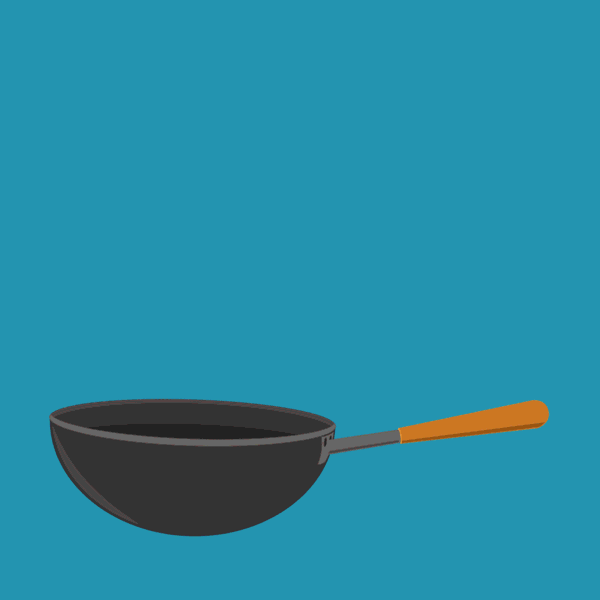After the birth of your baby, many women expect to bounce right back to their pre-pregnancy weight. Be aware that this can take time! Everyone knows that breastfeeding is good for your baby, but it’s also an effective way to help you lose the weight you gained during pregnancy.
So how many extra calories are required daily to support breastfeeding, and how can breastfeeding help you get your old body back? Read on to learn more.
Calorie requirements
The greater the amount of breast milk produced, the more calories that you require. By the fourth week after birth, when you’re producing around 600ml of milk, you may require an extra 500 calories daily. By the 12th week, you’re producing 900 ml of milk, requiring almost 800 additional calories each day.
However, in practise you may only need to obtain half of these calories from your diet. The remaining calories can be drawn from your maternal fat stores.
In one of nature’s more elegant exchanges, lactation steadily uses up the fat stores laid down during pregnancy, and promotes a slow weight loss, around 0.5-1kg for each month of breastfeeding. If maternal fat stores are inadequate, the calories required for successful lactation must come from the mother’s diet.
Guidelines for extra calorie requirements during breastfeeding
| Daily amount of breast milk produced | With maternal body fat reserves | No maternal body fat reserves |
| 600 ml | Up to 250 calories | Up to 500 calories |
| 750 ml | 400 calories | 650 calories |
| 900 ml | 550 calories | 800 calories |
Calorie discrepancies
While the above guidelines for calorie intake are given as a precautionary step to safeguard your health, practical observation and research suggests that very few extra calories (if any) may be required by most pregnant and lactating mothers – even when producing large quantities of milk (eg. 1500 ml).
During lactation, the intestinal absorption area is increased, which allows more nutrients and calories to be absorbed from your food. This, coupled with a greater metabolic efficiency (ie. fewer calories required for body functioning), could well contribute to the slow rate of weight loss seen during breastfeeding – even though energy output is far greater than your energy intake from food.
Food retention and weight change
Your body retains more fluid during breastfeeding to supply the breasts with the extra fluid required to sustain normal milk production. This fluid retention can initially hide weight losses from fat tissue losses. However you should not cut down on fluids. Make sure you’re consuming enough water (no calories), and nourishing foods (eg. soups, low-fat milk). Avoid excessive intake of high-sugar drinks such as soft drinks and cordials, as well as alcoholic drinks. Water is the best thirst quencher.
Dieting during lactation
Many breastfeeding mothers are impatient in their determination to return to their pre-pregnancy weight. However, it should be noted that milk production is reduced when calories are restricted to much less than 2000 calories, or when weight loss is too rapid (either through calorie restriction or excessive exercise). By continuing to breastfeed for at least 4 – 6 months, and keeping physical activity at a sensible level, maternal fat stores should be depleted within 12 months from birth.
For weight control, begin with 2000 calories per day. Talk to your doctor for personalised recommendations and support.
Extra notes
- Breastfeeding women participating in a high level of physical activity or with little maternal fat should have their infant’s growth rate, as well as their own weight and diet, monitored very closely.
- When insufficient nutritious food is eaten by the mother, any shortage of nutrients is at her expense. Milk produced will still contain adequate protein, vitamins and minerals – even if it has to be drawn from mother’s tissues. This means that an inadequate diet compromises the health of the mother.
- Breastfeeding your child, and not introducing solid foods until 4 – 6 months of age lessens the risk of your baby becoming overweight.

